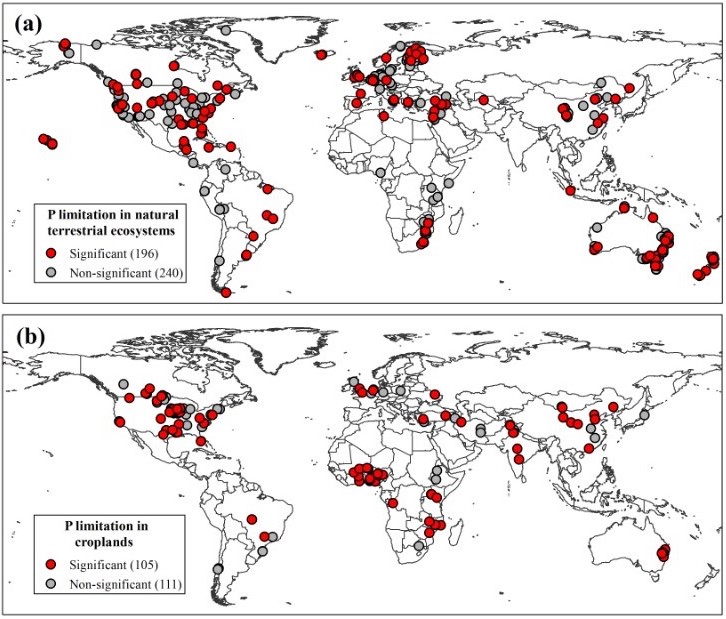Non-structural carbohydrate dynamics associated with antecedent stem water potential and air temperature in a dominant desert shrub
Non-structural carbohydrates (NSCs) are necessary for plant growth and affected by plant water status, but the temporal dynamics of water stress impacts on NSC are not well understood. We evaluated how seasonal NSC concentrations varied with plant water status (predawn xylem water potential, ) and air temperature (T) in the […]


